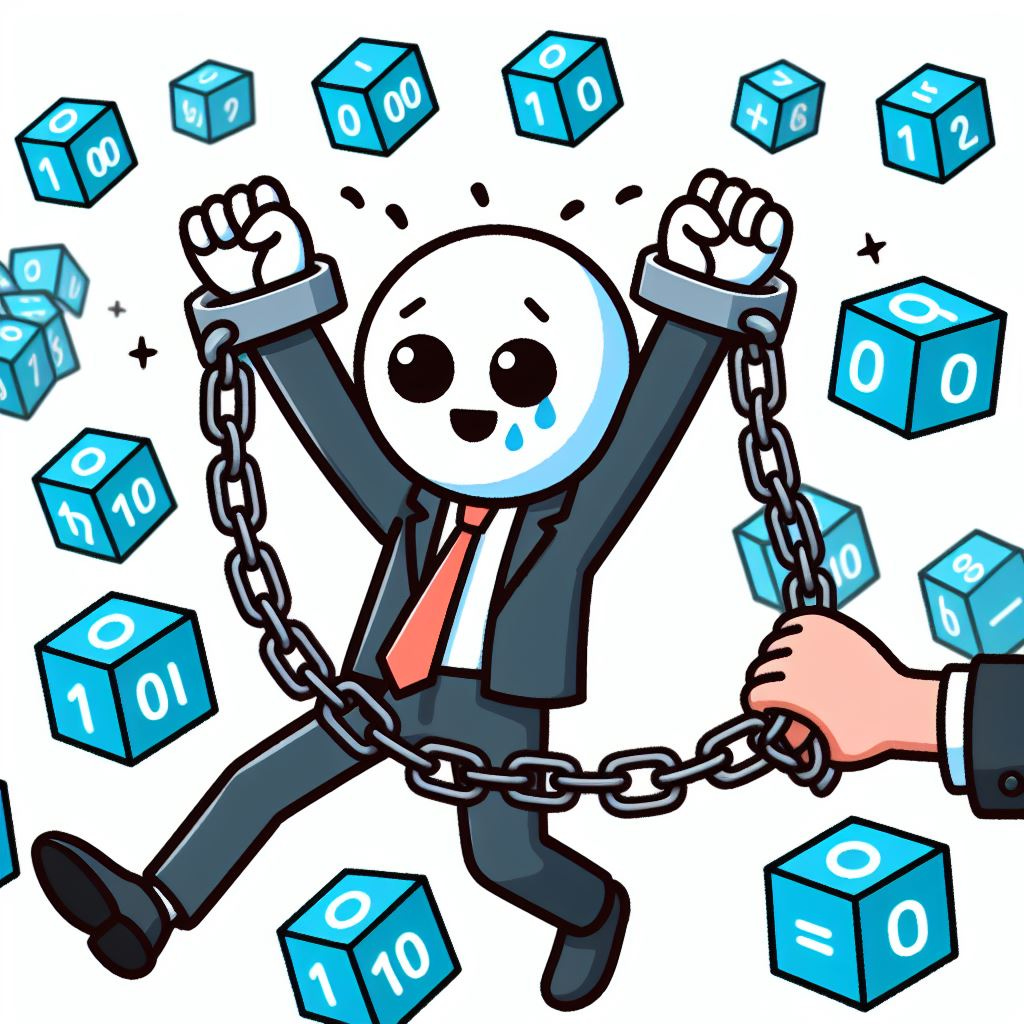Before we begin, Ordinary Analysis is totally free, and I’m happy to share it with you. If you want to receive every new post in your mailbox, you can subscribe by clicking on this cool button below.
Recently, I watched the movie Maidaan. It’s based on a true story revolving around the Indian football team from the late 50s and early 60s. One of the characters in the film was Peter Thangaraj, the ex-Indian goalkeeper. He was apparently a charismatic character on the field and is widely considered one of India’s greatest goalkeepers, if not the greatest.
I was introduced to the legends of Thangaraj (and the Pancha Pandavas of East Bengal) by my grandfather (Dadu), a long time ago. This movie made me reflect on some of the conversations I had with Dadu.
Dadu passed away in 2013, almost 11 years ago, when I was nearly 17. I spent a significant amount of time during my teen years with him. In most cases, he was the speaker, and I was the listener, as I think happens with most grandparent-grandchild duos. What I realized about my conversations with Dadu kind of made me happy.
He used to tell me a lot of things. There were stories about football, cricket, politics, cooking, family, and everything else. But he never told me any hateful stories about “other” religions. In retrospect, this might have been something I could have expected from him, given that he had experienced religious persecution and left his old country to settle in this beautiful one.
This made me think, why is that so? The most logical answer I can come up with is: the algorithm. He was never exposed to social media and its algorithm.
If you start watching a video of Narendra Modi addressing an election rally on YouTube, you’ll soon be suggested more videos of him and his party members. Soon, within an hour, your feed will be full of videos about how the Mughal empires looted India. Similarly, if you watch a clip of a Rahul Gandhi speech, in due time you will see videos of how Pandit Nehru was the greatest thing that ever happened to India. The truth, as always, lies somewhere in between.
Social media intensifies the worst among us. The debate around policies becomes a debate around people. The “US vs THEM” rhetoric makes having a civil debate almost impossible.
The only way out is to break the algorithm and think in terms of differences. Which more often than not, even I fail to do. If party A is promising certain things, we need to ask how it is different from party B. Or even a basic question, what is party B saying? The basic thing that we all can do is not to follow a social media account that shares only positive stories of one party and negative ones of another. It will significantly reduce the noise, both from your social media feed and from your brain.
A good example of a recent time when the algorithm caused a real mess was the farm bills of 2020. They were much-needed reforms (in my limited understanding). But sooner rather than later, people stopped logical fights over the farm bills. It became a “US vs THEM” public discourse. The government handled the protestors poorly. And what could have changed the landscape of Indian agriculture met a tragic end.
If we want to carry on debating around ideas, then breaking the algorithm will be very necessary. But I am not very optimistic about achieving that in near future.
Thank you for reading Ordinary Analysis, a blog-newsletter where I write about different topics that intrigue me. If you enjoy this post and want to see more, you can subscribe by clicking on this cool button below. It’s free, easy and rewarding.
Alternatively, you can also share it with someone you think will like it.




